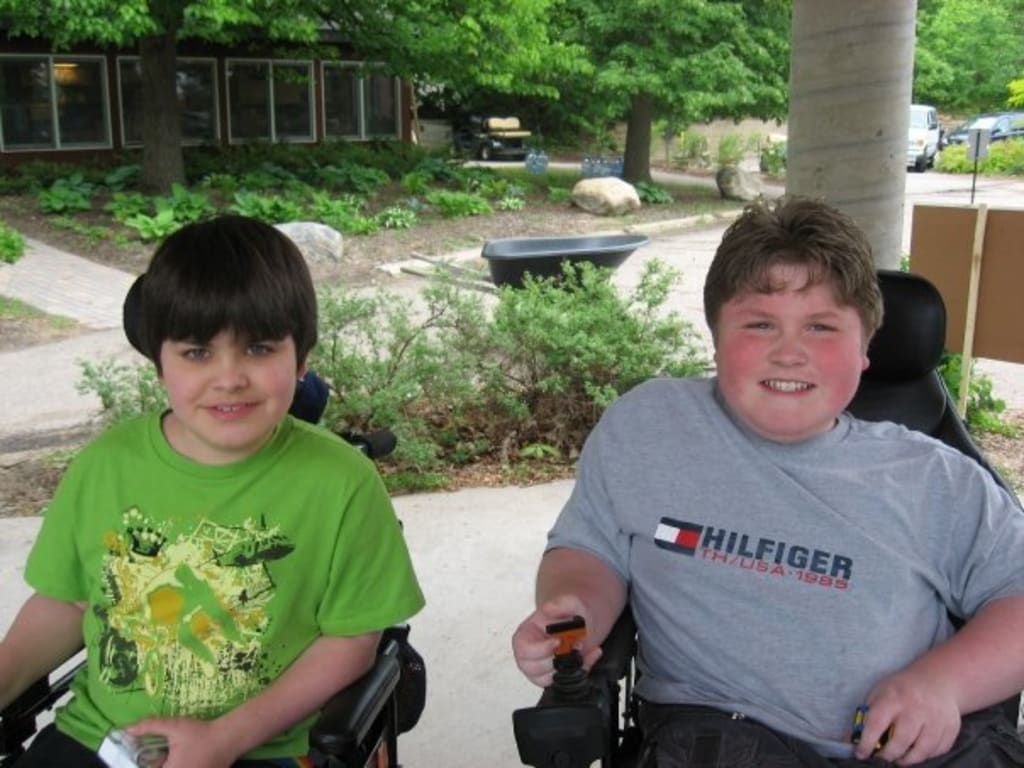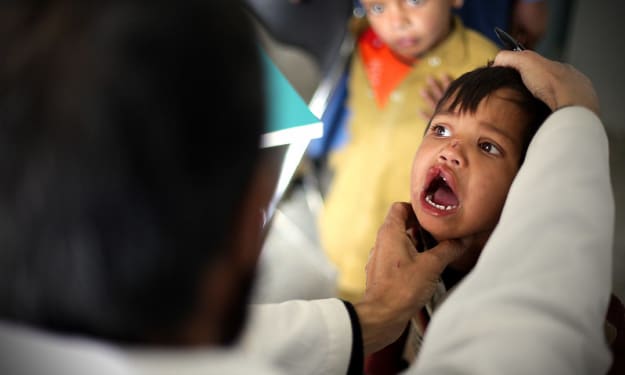Peekskill Man Turns the Tragedy of Duchenne Muscular Dystrophy into an African Triumph
The Everett and Austin Project

Photo courtesy of Tim Gillen and The Everett and Austin Project
Note : I interviewed Tim several months before his tragic death. I just wanted to share his story.
There are at least 40 different types of muscular dystrophy, and they all follow a similar path. “The muscles just die off,” said Tim Gillen, and Duchenne muscular dystrophy is one of the most rapidly developing variations. Thus, the tragic circumstance of the disease inspired the Peekskill resident to make a difference, and through his nonprofit, he provides assistance to a number of African families that have children struggling with the disease. But his intervention on behalf of an affliction that almost entirely affects boys, is no random occurrence.
“My sons were born with Duchenne and they both died from it,” he lamented. “The Everett and Austin Project is named after them.”
Both his sons starting showing signs in the mid 1990s as preschoolers, and he learned that all a family can do is face the trauma. “It was tough,” Gillen said, and the inevitable often means a life that doesn’t go beyond teenage years.
Either way, the impetus to help began with a 2018 news report. In Uganda, Gillen learned of a father who had five sons born with Duchenne - two who had already died. “My heart just broke, and I thought I’ve got to help this brother,” he recalled.
So Gillen went to Uganda, and the good deed did not go unnoticed. “We were on TV and people heard about us,” he beamed.
The word thus spreading, the nonprofit began later that year, and the interventions have spread to Nigeria, Kenya and Cameroon. He’s not done yet either. “We’re starting to try to work in Zambia and Rwanda,” Gillen revealed.
But the debilitating nature of the disease doesn’t leave a lot of options to alleviate a child’s suffering. So the project does what it can to make home life a little better, and Gillen points to a recent care package that made it overseas.
Two of his volunteers were able to reach the family with a bag of rice, and while the gesture might seem small, the basics go a long way. “They were ecstatic, because compared to what they were eating, rice is a delicacy,” Gillen asserted.
That said, the project also seeks to decrease dependency by creating a self sustaining way of life. “We’ve helped families start over 24 companies,” he said. “We usually give them about $1,000 as a budget.”
As for the disease, the project assists with two very common problems. Due to a lack of mobility, muscle atrophy can cause pain, while the death of muscle cells has the mass piling up in the calves. So kids gain access to physical therapy to deal with the atrophy and receive a special boot to stretch the legs and keep the swelling down in the lower leg.
Healing medicine is not part of the what project provides, though. “They have made breakthroughs. The problem is these things cost millions of dollars a year,” he said. “Only rich people now have access and clearly not people in Africa who cannot afford a bag of rice.”
Of course, talk of a cure is never old news. “Every year, Jerry Lewis said during his telethons that they were close, and they are still doing that,” Gillen said.
1997 was the last time Gillen paid any attention to those types of reports. “I grew not to be hopeful,” he said.
On the other hand, he does look forward to getting back to Africa. Kenya in particular because of the inroads the project has been making. “I want to meet all those people,” he exclaimed.
But a face to face won’t keep him from getting down to business here. With between 50 and 100 volunteers at any given time, Everett and Austin mostly raises money through individual hikes, bike rides, walks or swims.
The 500 Mile Autumn – Hike for Duchenne Viii – Africa Matters traverse is currently in motion. “Pledge for each mile that someone hikes, walks, power walks, runs, bikes or swims during the 3 month fall season. Individuals may go as high as 500 miles (805 kilometers) during the fall of 2021 as they try to raise money for The Everett and Austin Project, Inc,” states the fundraiser page.
However, there’s more to the cascade of care than just the numbers. “Everett and Austin had a lot of inner strength. They also had pure joy and contentment, and I see the same thing in these kids,” Gillen said.
A familiarity that brings the tragedy and triumph full circle. “There’s a reason why Everett and Austin were born and why they died. What I learned being their father, I feel I have so much to share and do much to give,” he concluded.
About the Creator
Rich Monetti
I am, I write.






Comments
There are no comments for this story
Be the first to respond and start the conversation.